Yemeni victims sue French company Total over torture
French energy giant Total has been sued in a new lawsuit by two individuals who were allegedly imprisoned and tortured at one of the company's gas plants in Yemen.
In the lawsuit reported by media on Thursday, the lawyers of the two Yemeni men said their clients were jailed and tortured by Emirati forces at the company's gas plant in Balhaf, Yemen.
Total must take responsibility for its failure to identify and prevent these men's rights violations at the site run by a subsidiary of Total, the lawsuit demanded.
The French energy giant is the largest shareholder of Yemen LNG, the company operating the Balhaf gas liquefaction plant in the southern governorate of Shabwah, where the men were imprisoned in 2018 and 2019, lawyers said in the lawsuit filed by the lawyers at the Paris Court of Justice on Wednesday.
The lawyers reasoned that Total company had failed to identify and prevent human rights violations as required by a 2017 French law which makes large French companies publish an annual plan to establish and mitigate the impacts on human rights and the environment of their project work or those of their subsidiaries.
“Total must take responsibility for the violations committed by UAE forces in Balhaf,” said Alexis Thiry, legal advisor for the Geneva-based MENA Rights Group which represents the men.
Thiry said it was “disappointing” that Total was excepting the Yemeni plant from its vigilance plan “despite being informed of gross human rights abuses on the site on multiple occasions.”
In the meantime, gas production at the Balhaf plant stopped in early 2015 after the Saudis launched the war on Yemen.
In March 2017, some of the French company's facilities were requisitioned by the Saudi-led coalition forces – Emirati forces in this case.
Right groups monitoring the war and journalists have reported recurring human rights violations at the site. In 2019, the UN identified the plant as part of a wider network of prisons and detention centers used by the Saudi-led forces in southern Yemen, where human rights violations were being committed.
Total claimed on its website in 2019 that it “does not intervene directly” about what is happening at its facilities.
“Total does not have any specific information on how the coalition is using the requisitioned areas,” the company said at the time.
Since then, the Geneva-based legal advocacy NGO, MENA Rights Group has sent the company formal notices in which it detailed the human rights abuses that had been committed at the sites. The French firm, according to the lawyers, responded that it was not bound by due diligence obligations at the requisitioned plant because it doesn’t control Yemen LNG despite being the largest shareholder of it.
This is the second time Total has been taken to court over the due diligence law in regard to reports of human rights abuse.
Previously, six civil society organizations filed a lawsuit in 2019, accusing Total of failing to address the risks to human rights and the environment for local inhabitants from an oil project in Uganda. Total has dismissed the accusations in this regard. But the legal case is still ongoing at a court of law.
In the meantime, one of the lawyers representing the two Yemeni men in the Balhaf case, Louis Cofflard, said the latest lawsuit lodged against Total “clearly illustrates the multinational’s strategy of disclaiming legal responsibility when serious human rights violations are revealed and linked to the activities or infrastructure of its subsidiaries.”
Riyadh launched its devastating war on Yemen in March 2015 in collaboration with its Arab allies and with arms, logistical, and political support from the United States and other Western states.
Riyadh’s objective was to reinstall former Yemeni president, Abd Rabbuh Mansur Hadi, a Saudi ally, and to nip the popular Ansarullah resistance movement in the bud. Till now, the Saudi-led forces have failed to meet any of the objectives.
D-8’s role in Iran’s economy after Cairo summit
China slams US as ‘war-addicted’ threat to global security
China ‘firmly opposes’ US military aid to Taiwan
VIDEO | Press TV's News Headlines
President Yoon Suk Yeol to be removed from office
At least 19 Gazans killed by Israeli airstrikes since dawn: Medics
Leader: Iran neither has nor needs proxy forces
US fighter aircraft shot down ‘in friendly fire’ amid aggression on Yemen












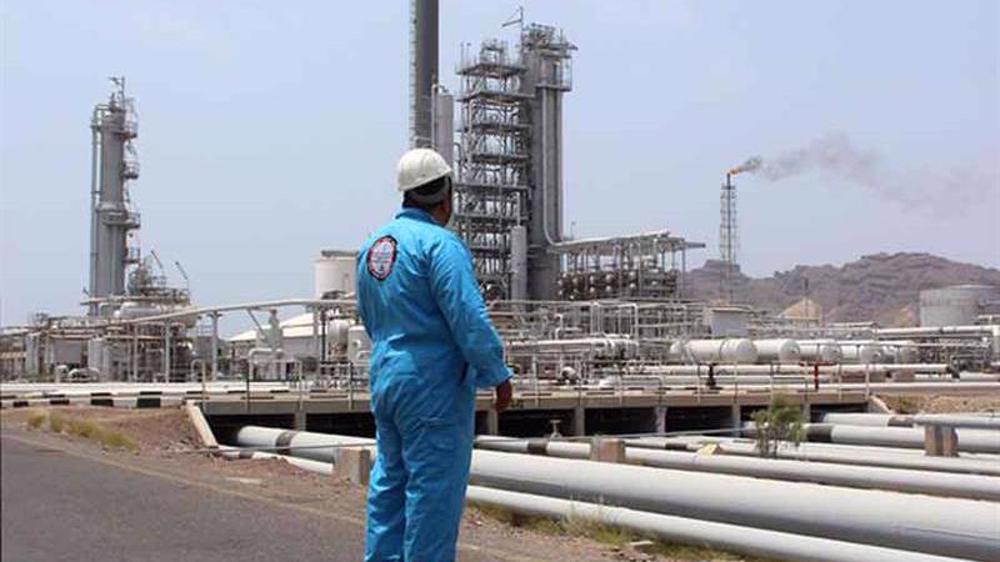
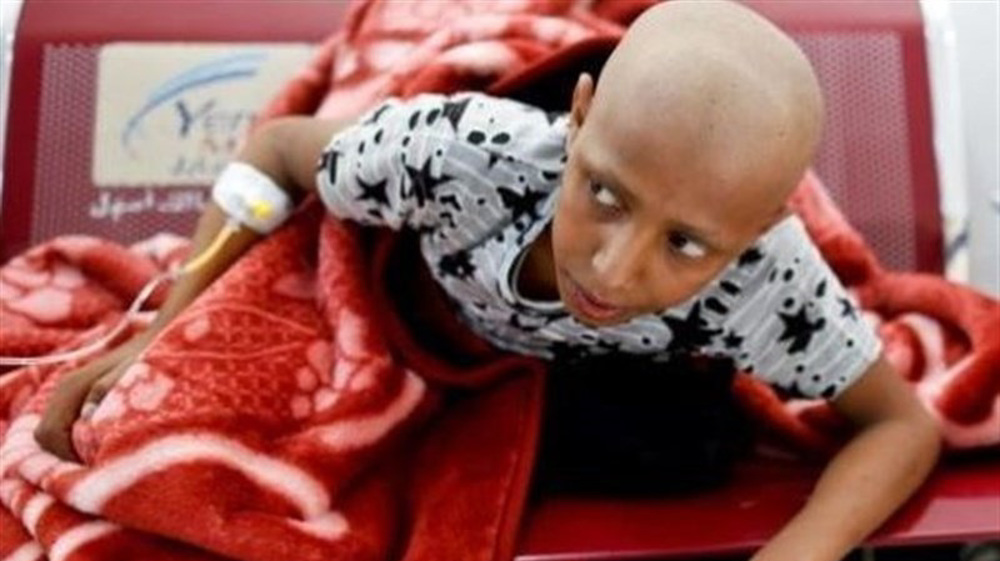

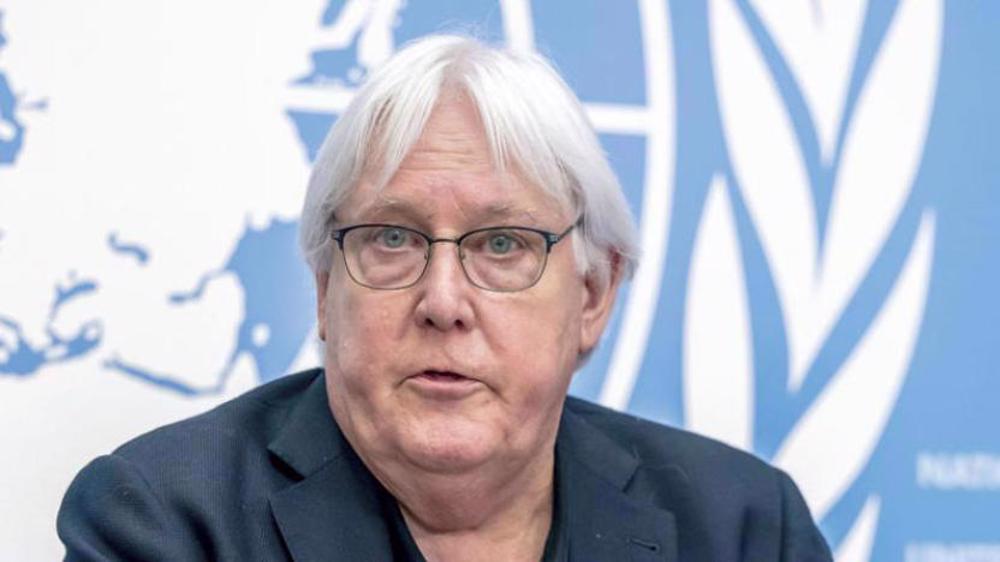
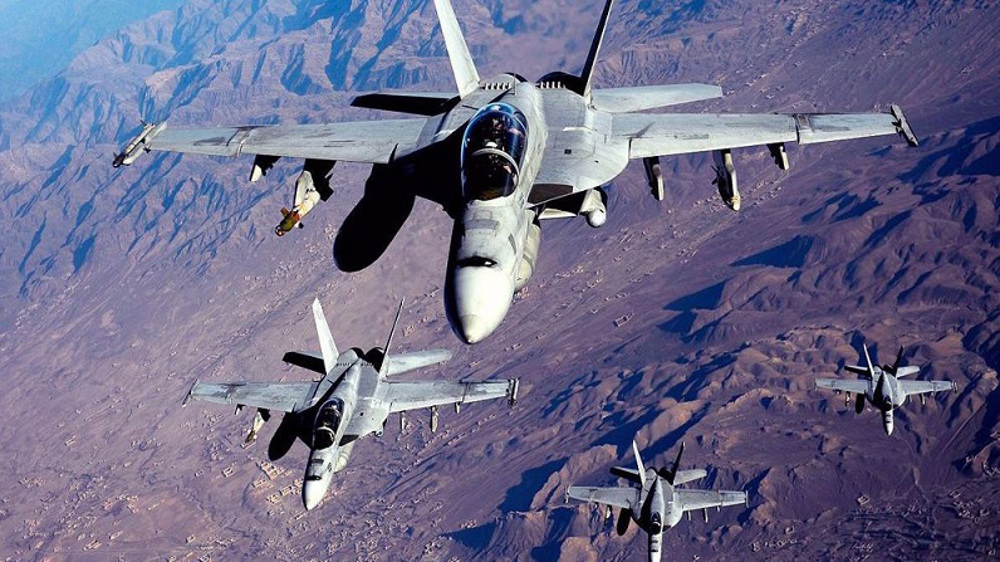
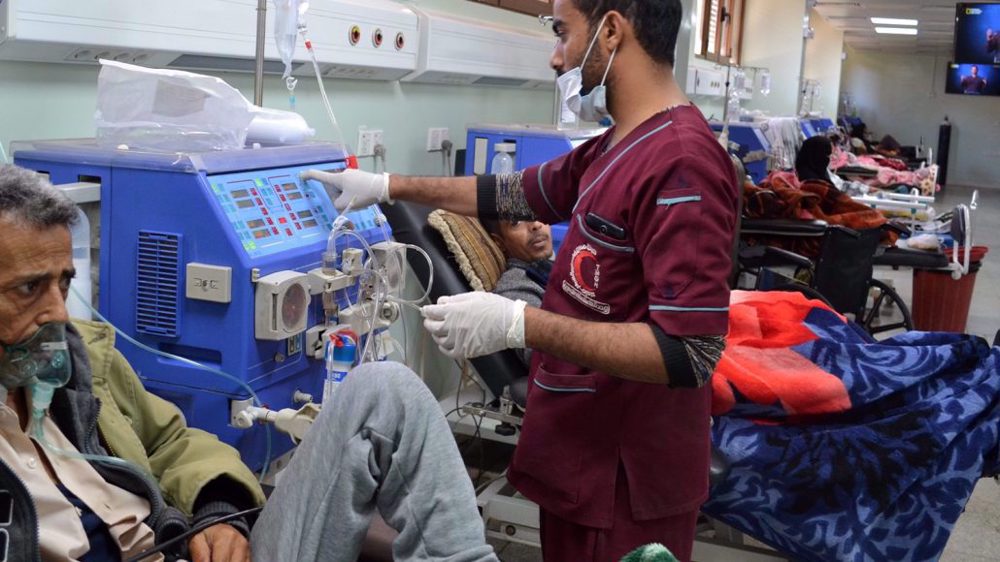

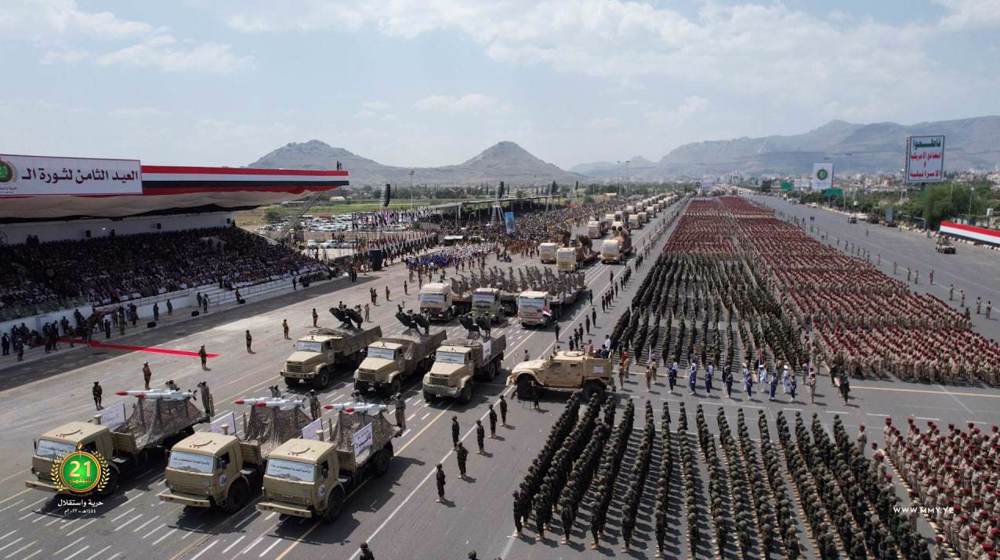

 This makes it easy to access the Press TV website
This makes it easy to access the Press TV website